A 20% price increase on drinks in plastic and aluminum containers was announced on July 1 at the request of EU allegedly for environmental reasons, it is postponed indefinitely.
This was all based on the previous decision of the ministry, published in the bulletin in July 2022, according to which, after the introduction of the new Deposit Return System (DRS), the prices of bottled water, soft drinks, beer, etc. in plastic or aluminum packaging will automatically increase by 20%.
The environmental “fee” (deposit) will start at 10 euro cents per half-liter bottle of water and increase to 15 cents per half-liter and above. Of course, water and soft drink prices have already started to rise, with or without DRS, due to inflation.
The plan is that the extra money we give in tax will be “returned” in the form of vouchers when we hand in our cans and plastic bottles! This will be done after the bottle or can has been returned to a special collection point to be sent for recycling, as required by the Collective Alternative Waste Management System (CWAWMS) Act, which includes the DRS (Deliver Return System).
In practice, all this is not yet feasible, since there are no packaging return points, no mechanical or manual collection, or complex mechanisms necessary for the efficient collection and processing of returned packaging – for example, transport and logistics networks. The scheme was due to be launched by early 2023, then delayed until July that year, then pushed back to September and has since gone from delay to delay with no official announcement or timeline.
New price increases for bottled water, soft drinks and beer began in early June after it became It is known that the DRS system will begin to operate on July 1, based on the earlier ΦΕΚ. The Ministry of Energy and Environmental Protection, in a brief and not at all explanatory statement, denied the existence of a new FEK, but did not provide any explanation as to what will ultimately be applied, when DRS will be implemented and, most importantly, why there are constant silent delays.
The DRS system is in limbo, since neither packet return points nor the necessary complex mechanisms yet exist. According to studies commissioned by stakeholders, when DRS is implemented, it is expected that we will have to return 3.6 billion packages, equivalent to approximately 400 million euros of guarantees in circulation and representing 5% of the annual turnover of the Greek food retail sector.
Investment in the DRS system by Greek industry is expected to exceed EUR 160 million in the first phase. The annual turnover of the collection operator is estimated at 120 million euros. In total, more than 14,000 collection points will be organized, 4,500 of which will be reverse vending machines (which will return the deposit), known as Reverse Vending Machines (RVMs).
One of the questions that arises is, firstly, who will shoulder the financial and organizational burden of such a megaproject. And also who will manage the collateral money that will be in circulation. For example, what will happen to the uncollected guarantee contributions? No less important is how the system will be accepted by consumers, will it be user-friendly or will it turn into another “green fee”.
Finally, there must be assurances that the system will be effective and that the packaging will actually be recycled and not lost somewhere along the way. When the system starts working, it is necessary to ensure a sufficient number of collection points, which must be functional, easily accessible and properly located. Only in this case It will be easy to return the packaging and get back the money given as a guarantee.
In any case, for Greek consumers this is yet another additional problem from which the majority of the population will lose.
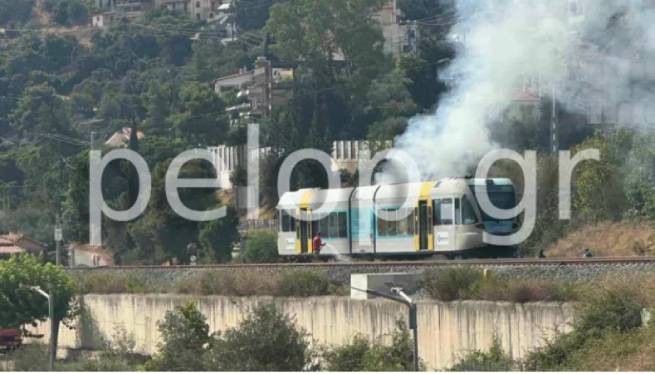
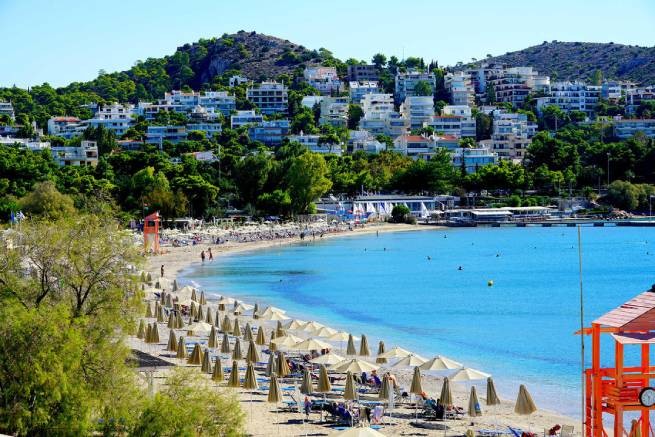
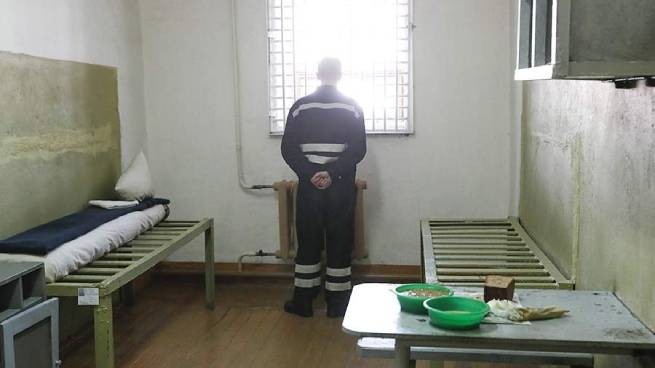

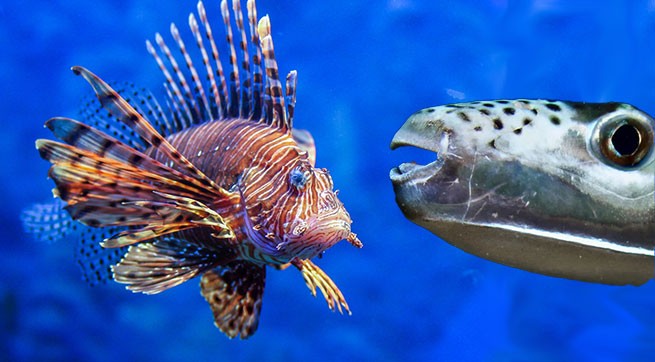
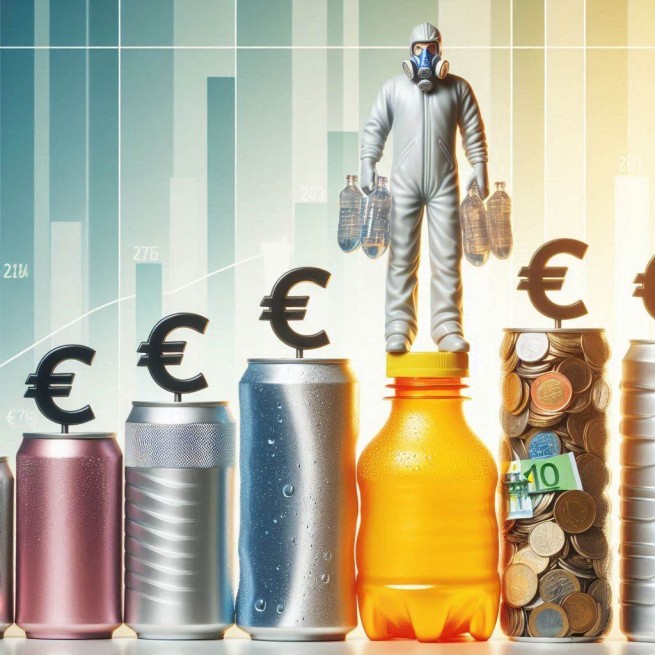

More Stories
Prices for green electricity are “biting”
Six-day work: the measure comes into force today, July 1
Four-digit number and platform for smoking complaints